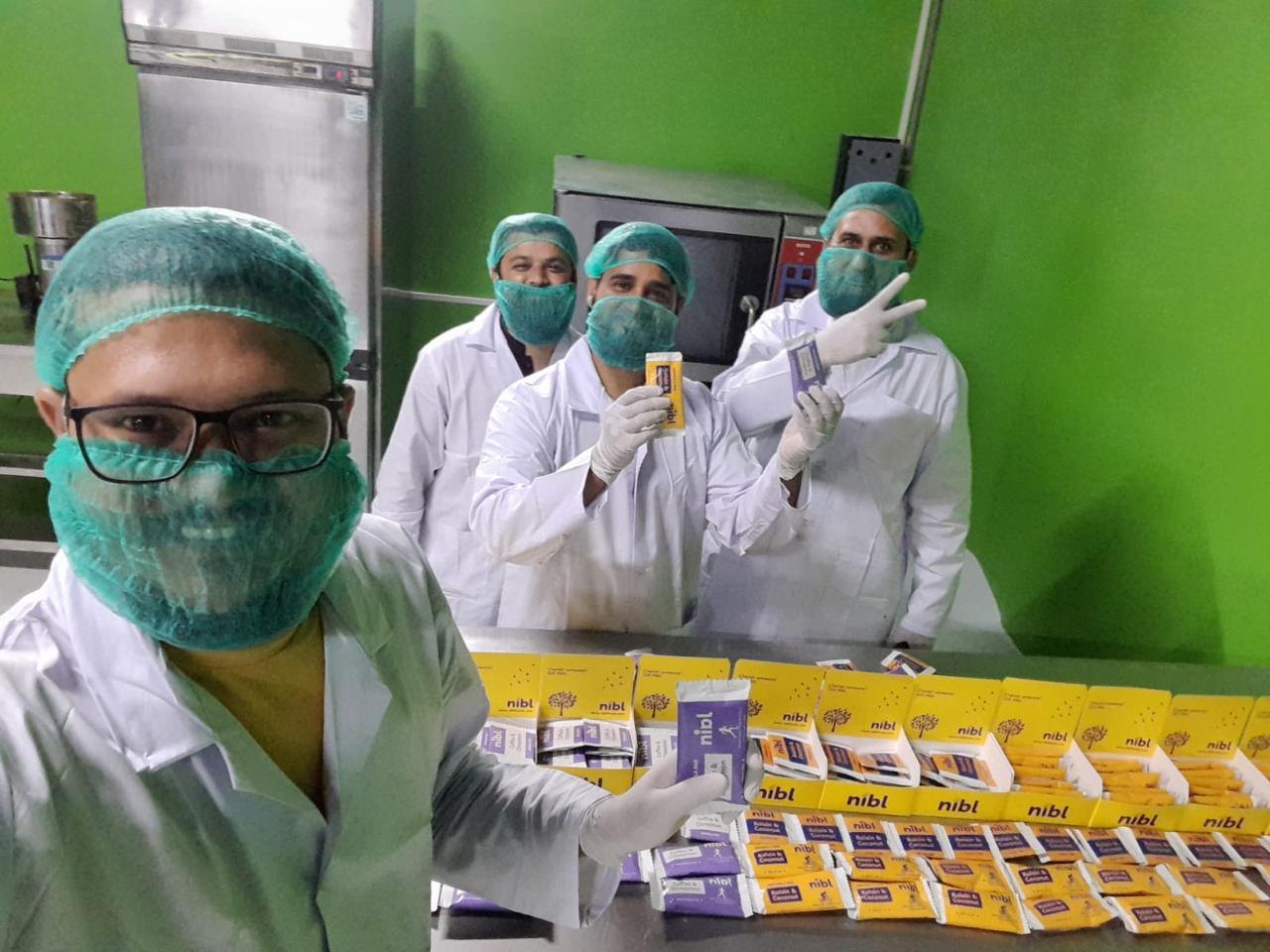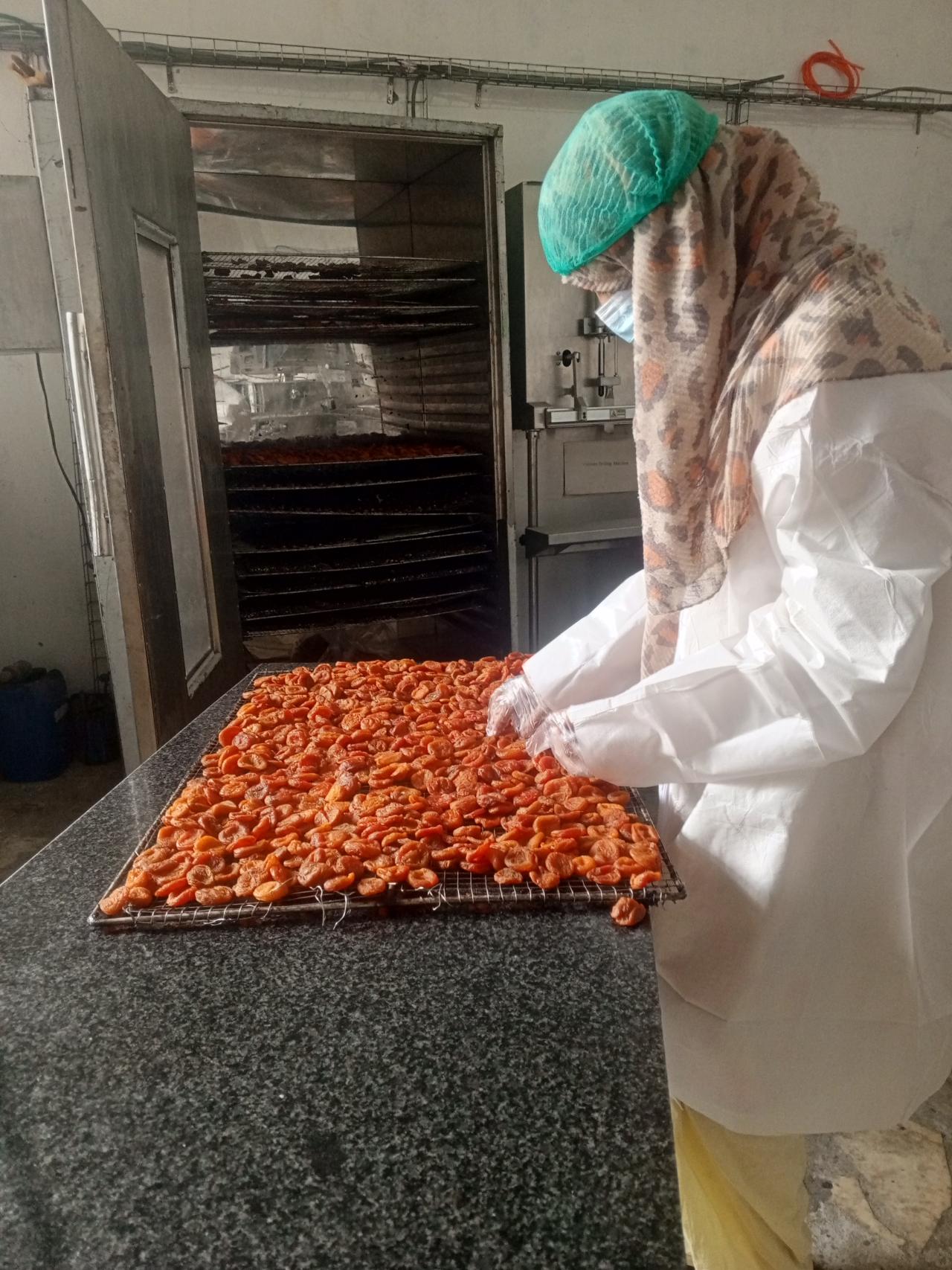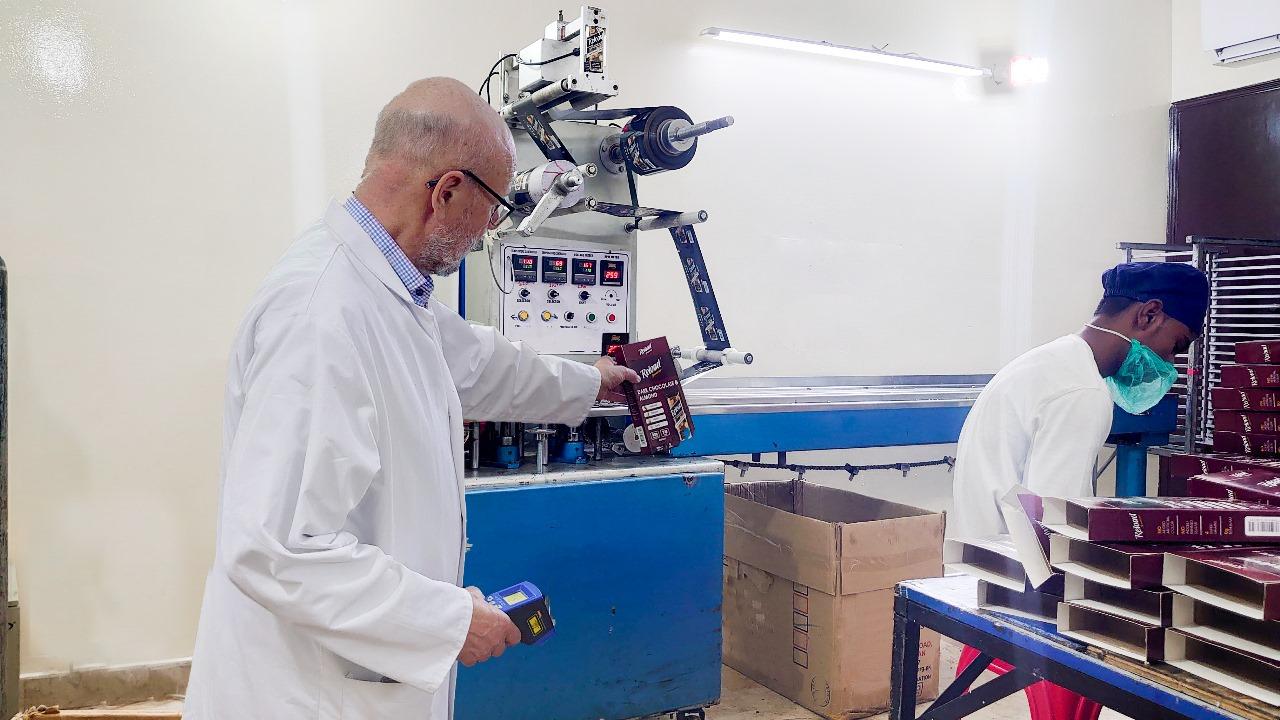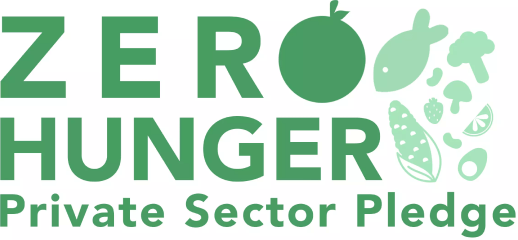
Fighting hunger and malnutrition in Pakistan: local businesses turn local crops into nutritious snacks
On this World Food Day, we are reminded of the urgency to not only produce enough food for all but to ensure that it is nutritious, accessible, and sustainable. The Zero Hunger Private Sector Pledge mobilises investment from businesses around the world to make this vision a reality, turning commitment into action.
This autumn, four Pakistani companies from the same sector — healthy snack production — have joined the Pledge through GAIN’s Pakistan programmes.
By transforming local fruits and raw products into nutritious snacks, they are working toward a shared mission: to fight hunger and malnutrition while building resilient food systems and reducing post-harvest losses.
Welcoming four new pledge companies
Nibl Foods is a food company producing healthy snacks such as protein bars, granola bars, cereals, and cookies that combine nutrition, taste, and local sourcing. The company pledged USD 7,100 to reduce post-harvest losses by expanding from cereals into fruit-based bars.
“We believe that nutritious food should be accessible to all, not just a few. By joining the Zero Hunger Pledge, we are committing Nibl Foods to use our products, supply chain, and local partnerships to help end hunger in Pakistan and support healthier communities”, said its Co-founder Muhammad Mustafa.

The Himalayan Food is a startup that also processes the region’s fruits and nuts, sourced from the high-altitude mountains of Gilgit-Baltistan, into energy-rich natural bars. The company combines traditional natural product processing with innovative food development. This highlights their role in both preserving heritage products and supporting modern nutrition needs.
With a pledge of USD 353, the company aims to contribute to a school meal programme while empowering local farmers and promoting sustainable livelihoods.
“At The Himalayan Food, we believe good nutrition is a right, not a privilege. By joining the Pledge, we are committing to fight malnutrition while creating fair opportunities for farmers in one of the world’s most resource-rich yet underserved regions”, said Wazir Mohsin Abbas, Co-founder & CEO.
Shazday Fruits Pvt. Ltd., also from Gilgit-Baltistan, specialises in processing apricots, apples, and other locally-sourced mountain produce. The company focuses on value addition and sustainable market linkages for farmers, and also in women empowerment, by incolving them in processing, grading and packaging, enabling them to earn sustainable incomes while contributing to improved community nutrition.
With a pledge of USD 1,060, Shazday Fruits will support school meal programmes and provide technical training.
“Shazday Fruits is dedicated to transforming the abundance of Gilgit-Baltistan’s orchards into nutritious products that serve communities near and far. By joining the Zero Hunger Pledge, we reaffirm our commitment to reducing food waste, improving nutrition, and supporting the farmers who are the backbone of our region’s food system.” Haseena Batool, General Manager.

Reload International, a snack company producing granola bars, cereals, and peanut butter, pledged USD 178. Their initiative focuses on incorporating dates into production to reduce post-harvest losses.
“At Reload International, we believe that good nutrition should be accessible to all. By joining the Zero Hunger Pledge, we are embedding the mission of ending hunger into our long-term strategy, aligning our growth with creating positive impact for communities and future generations,” said Muhammad Noman Rauf, Co-founder.

Together, these four companies highlight the untapped potential of Pakistan’s snack and food-processing sector to address hunger and malnutrition. By adding value to local crops, reducing waste, and channeling resources into school meals and farmer livelihoods, they demonstrate how even modest contributions can translate into meaningful actions. On this World Food Day, their pledges remind us that progress toward zero hunger and malnutrition is possible when local innovation meets global solidarity.
